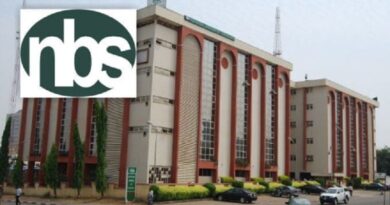Nigeria’s ICT Development Lags Behind Despite Global Progress
Nigeria’s Information and Communications Technology (ICT) development faces significant challenges, as highlighted by its position on the 2023 ICT Development Index (IDI). With key indicators reflecting areas of concern, experts stress the need for enhanced regulations and increased investments to propel technology advancement in the country.
The IDI, compiled by the International Telecommunications Union (ITU), assesses various parameters including internet usage, broadband coverage, and mobile penetration to gauge digital development across member nations. Nigeria’s performance on these metrics reveals areas requiring urgent attention.
While the country registers moderate figures in some areas, such as internet usage and mobile phone ownership, it lags behind in crucial aspects like broadband access and mobile broadband usage. Compared to other African countries like South Africa, Nigeria’s ICT landscape exhibits notable disparities, indicating room for improvement.
The global average score of 73 out of 100 underscores progress in embracing connectivity worldwide. However, significant disparities persist between developed and developing nations, emphasizing the need for targeted interventions to bridge these gaps.
ITU emphasizes the importance of data in shaping policies and interventions for universal connectivity. The IDI serves as a valuable tool for understanding digital development trends and identifying areas for improvement. However, challenges remain in data collection and availability, highlighting the need for enhanced statistical capabilities and ICT indicators.
To address these challenges, ITU pledges continued support for countries in measuring connectivity, providing guidelines, tools, and technical assistance. By leveraging data-driven insights, stakeholders can better navigate the evolving landscape of ICT development and drive sustainable progress.








